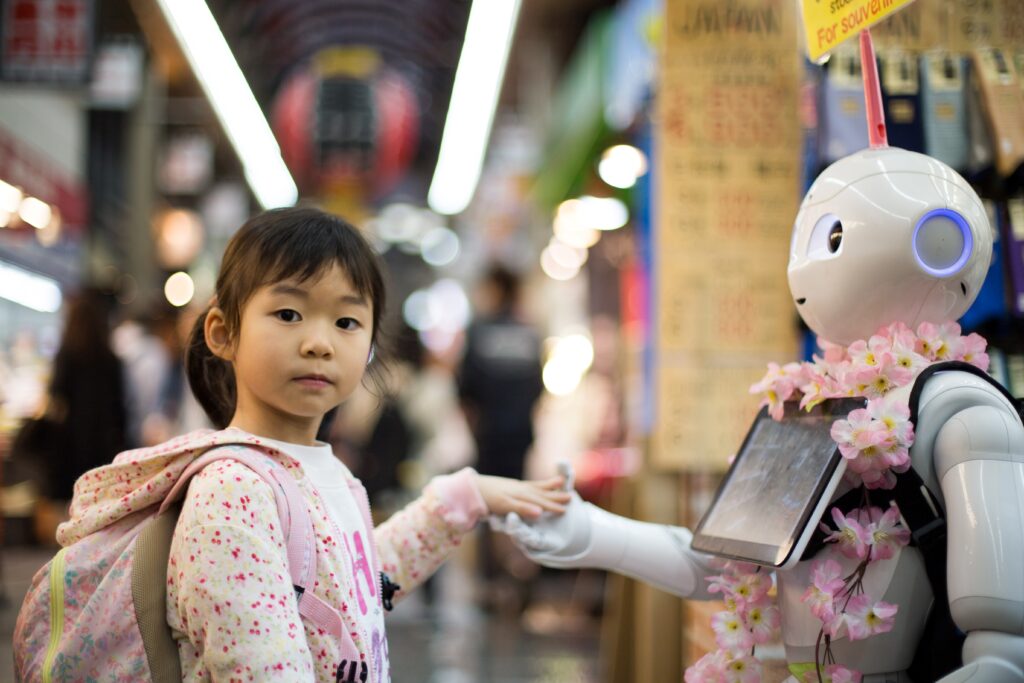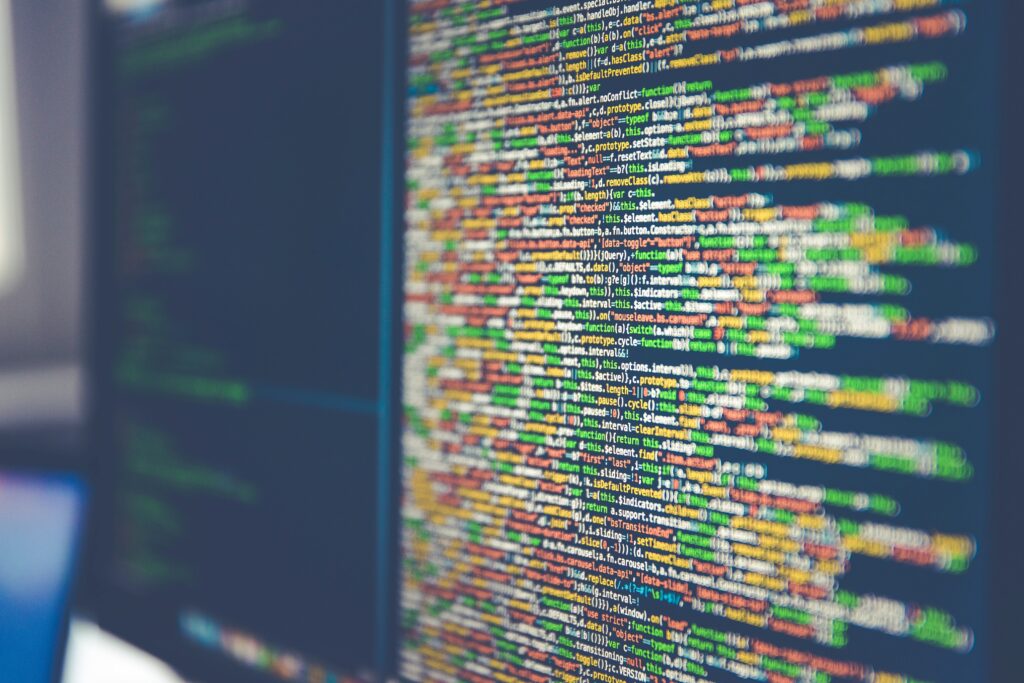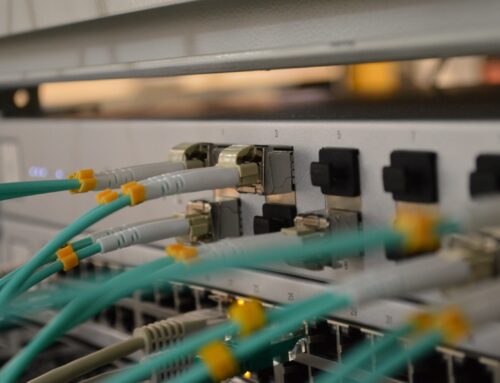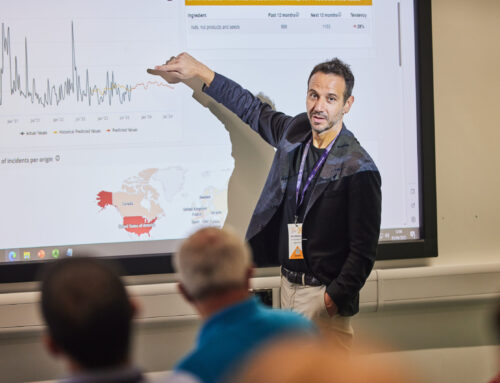In an opinion piece at the ITProPortal, I discuss why it makes sense to complement the power of Artificial Intelligence (AI) with the expert view of a human. In my view, such a hybrid approach can help better interpret (and even sense-check) the results thrown out by sophisticated software algorithms. The original version of the article can be found here, I reflect on some of the main arguments below.

(Photo by Andy Kelly on Unsplash)
I think that making intelligent use of big data has been one of the most exciting and important evolutions in enterprise technology. The use of big data is essential in all sectors – especially the food industry. Data around global food safety comes in a number of forms; for example data concerning food recalls and border rejections, and data reflecting the possible hazards behind food safety incidents. It’s important the food safety, quality and compliance teams working in the industry, continuously monitor and analyze all official and trusted data sources globally.
Access to food safety insights enables businesses and professionals alike, to identify, monitor and prevent any increasing risks or incidents that need global attention across the complete supply chain. Additionally, these data sets can rapidly communicate data insights to all food safety and quality professionals in the supply chain and significantly reduce the time devoted to risk assessment and prevention.

(Photo by Markus Spiske on Unsplash)
Technology alone is not enough. In order to truly enrich data to create actionable intelligence – for example reactive and predictive insights on the global supply chain – I believe that we must integrate human skills and expertise as well.
Using scientific or hands-on human expertise can help interpret (and even sense-check) the results thrown out by our sophisticated AI algorithms.
Frequently, for example, big data analytics and machine learning are very effective at identifying that something has happened but are less effective at explaining why. That’s where you need the human approach to enrich data insights and create tailor-made intelligence to achieve greater visibility across the global food supply chain.

(Photo by Nathan Dumlao on Unsplash)
Technologies such as AI are not here to substitute food safety experts in the important role that they have to play. They are here to support, empower and enable them take more accurate decisions, faster.
Yes, we may develop a highly sophisticated AI algorithm that will analyze an unthinkable volume of data with high variety and volatility. Such algorithms can generate predictions about potential food safety risks of the future.
But only by drawing on the expertise of food safety experts and scientists, can we amend and enrich those algorithms with insights that our prediction machines are not able to reach on their own – yet.
I will be frequently writing about AI technologies and applications that have the potential to transform the food supply chain. Subscribe below to receive updates about new posts as soon as they are published.




